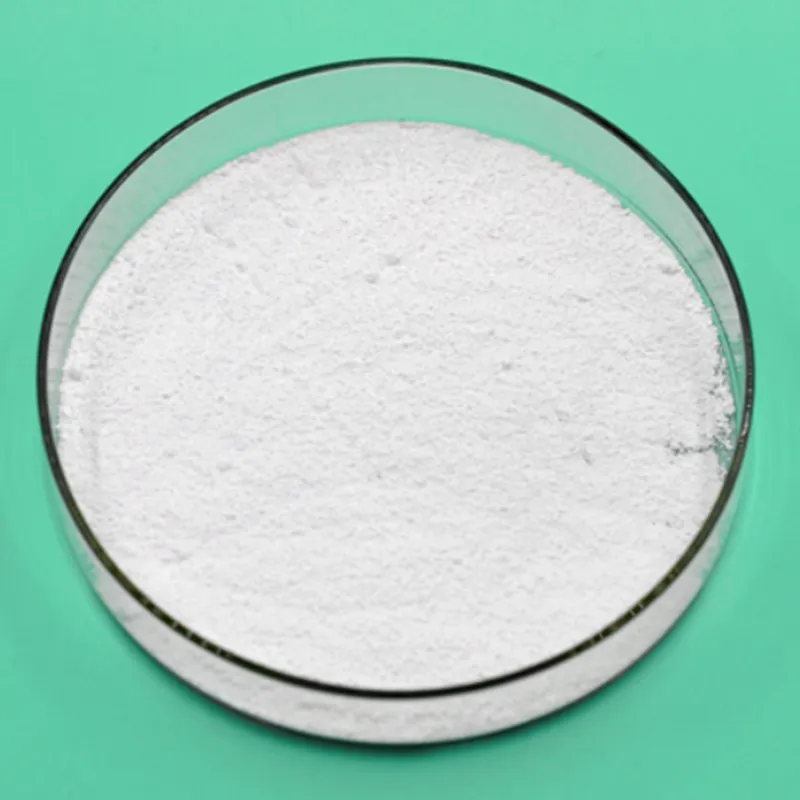
Exploring the Benefits of Natural Food Additives for Healthier Eating Choices
The Role of Natural Food Additives in Modern Nutrition
In an era where health consciousness is at the forefront of consumer choices, the demand for natural food additives has seen a significant rise. As people become more aware of the potential dangers associated with artificial additives, there is a growing interest in alternatives derived from natural sources. This shift is not just a trend but a movement towards a healthier, more sustainable approach to food.
Natural food additives are substances derived from plants, animals, or minerals that are used to enhance the flavor, texture, preservation, or nutritional value of food products. Unlike synthetic additives, natural versions are perceived to be safer and more beneficial. Common natural food additives include spices, herbs, essential oils, and plant extracts, which can not only improve taste but also offer health benefits.
One of the key advantages of natural food additives is their ability to preserve food without the undesirable effects associated with chemical preservatives. For instance, natural antioxidants such as vitamin C and E are often used to extend the shelf life of products by preventing oxidation. Similarly, rosemary extract is recognized for its antimicrobial properties, helping to inhibit the growth of spoilage-causing microorganisms. These natural preservatives enhance food safety while maintaining quality.
natural food additives

Flavor enhancement is another significant aspect where natural additives shine. Ingredients like garlic powder, onion powder, and citric acid from citrus fruits are commonly used to create rich flavors in a variety of dishes. Unlike artificial flavorings, which can be overpowering and overly processed, natural flavors allow for a more authentic taste experience, appealing to consumers seeking a return to traditional, wholesome food profiles.
Nutritional enhancement is a growing field within the realm of natural additives. Many natural substances are packed with vitamins, minerals, and antioxidants, which can contribute to the overall health of the consumer. For example, turmeric, known for its anti-inflammatory properties, and spirulina, a nutrient-dense blue-green algae, are increasingly being incorporated into foods for their potential health benefits. This trend reflects a holistic understanding of nutrition, focusing not only on caloric intake but also on the quality and benefits of the ingredients consumed.
Moreover, the clean label movement, which advocates for transparency in food labeling, has further propelled the use of natural food additives. Consumers are increasingly demanding products with fewer ingredients that are easily recognizable and free from artificial components. This has led manufacturers to reformulate their products, opting for natural remedies that can provide similar results without compromising safety or quality.
In conclusion, the incorporation of natural food additives into our diets is a positive development in the food industry. As consumers continue to prioritize health and wellness, the use of these additives can support better food choices. They offer a path to not only enhance the sensory qualities of food but also improve its nutritional profile. By embracing natural alternatives, we can cultivate a food culture that values health, taste, and sustainability, ultimately leading to a more balanced lifestyle. As we move forward, the challenge lies in innovating and integrating these natural solutions into mainstream food production in a manner that is both economically viable and beneficial for public health.
-
Understanding Synthetic Rubber OptionsNewsApr.27,2025
-
Trichloroisocyanuric Acid: Essential for Clean and Safe WaterNewsApr.27,2025
-
Sodium Dichloroisocyanurate: Key to Safe Water TreatmentNewsApr.27,2025
-
Sodium Acid Pyrophosphate: Essential in Modern Food ProcessingNewsApr.27,2025
-
Essential Water Treatment ChemicalsNewsApr.27,2025
-
Denatured Alcohol and Its Industrial UsesNewsApr.27,2025
-
The Versatile Uses of Sodium BicarbonateNewsApr.24,2025
Hebei Tenger Chemical Technology Co., Ltd. focuses on the chemical industry and is committed to the export service of chemical raw materials.
-

view more DiethanolisopropanolamineIn the ever-growing field of chemical solutions, diethanolisopropanolamine (DEIPA) stands out as a versatile and important compound. Due to its unique chemical structure and properties, DEIPA is of interest to various industries including construction, personal care, and agriculture. -

view more TriisopropanolamineTriisopropanolamine (TIPA) alkanol amine substance, is a kind of alcohol amine compound with amino and alcohol hydroxyl, and because of its molecules contains both amino and hydroxyl. -

view more Tetramethyl Thiuram DisulfideTetramethyl thiuram disulfide, also known as TMTD, is a white to light-yellow powder with a distinct sulfur-like odor. It is soluble in organic solvents such as benzene, acetone, and ethyl acetate, making it highly versatile for use in different formulations. TMTD is known for its excellent vulcanization acceleration properties, which makes it a key ingredient in the production of rubber products. Additionally, it acts as an effective fungicide and bactericide, making it valuable in agricultural applications. Its high purity and stability ensure consistent performance, making it a preferred choice for manufacturers across various industries.











